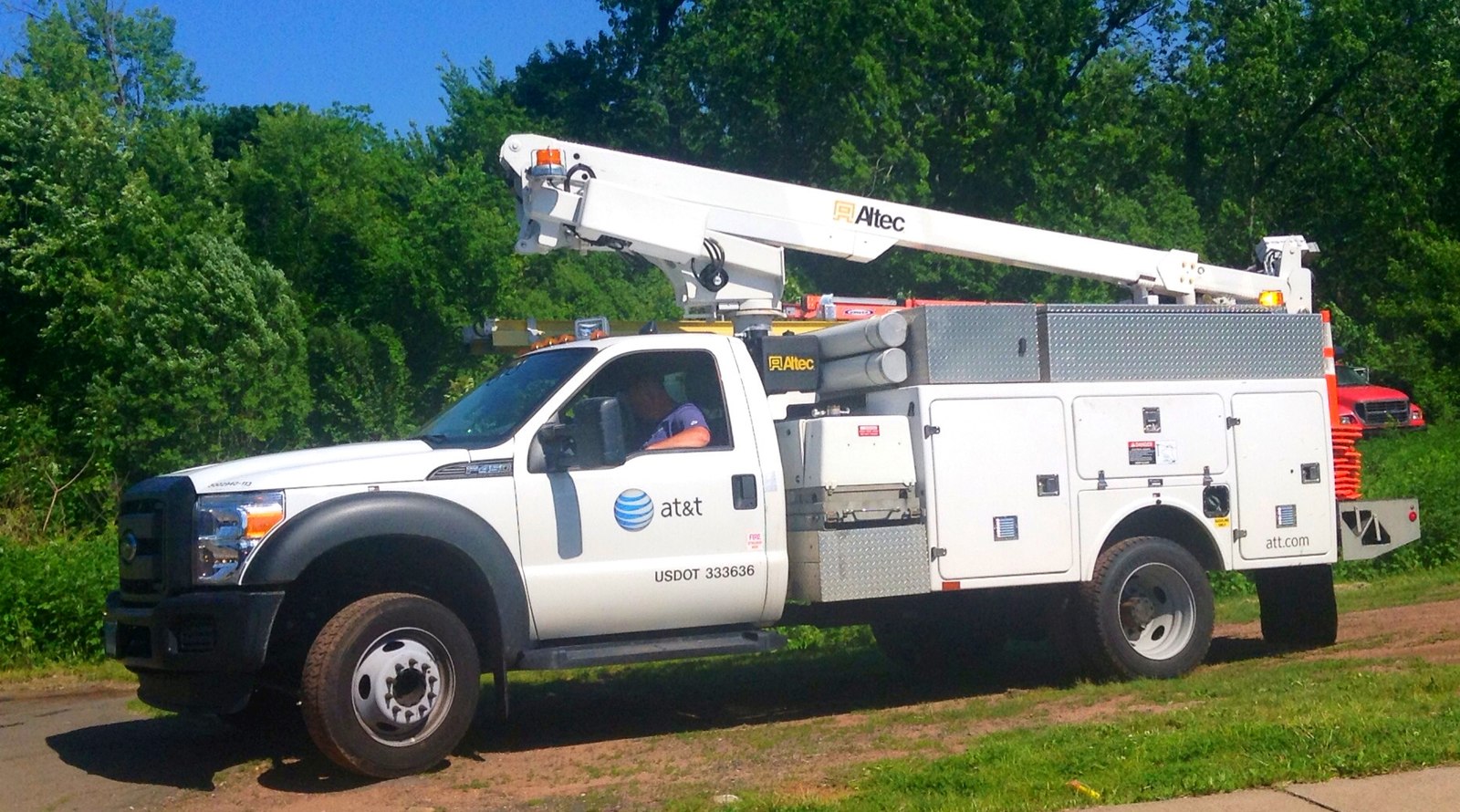Everest Fang is a student at Harvard Law School.
In today’s news and commentary: Port workers meet to discuss potential strike strategy, and AT&T workers enter the third week of their strike.
Delegates representing chapters of the International Longshoremen’s Association (ILA), are meeting today and tomorrow to discuss a proposed contract with the organization’s wage scale committee. The meetings could provide insight into whether the union, which represents tens of thousands of workers at U.S. East Coast and Gulf Coast ports, will follow through on its threat to strike on October 1st. The meetings are intended to allow members to strategize ahead of the potential strike. ILA’s negotiations with the United States Maritime Alliance, which represents ports ownership, broke down in July. The union announced it canceled talks after discovering that automated technology was being used by APM Terminals and Maersk, the world’s second-largest shipping company and APM Terminals’ parent company, to process trucks at port terminals without union labor. In August, ILA president Harold Daggett said that membership was 100% behind ILA leadership’s decision to strike on October 1 if the union’s demands are not met. ILA’s contract expires at the end of the month.
More than 17,000 AT&T workers in the southeast have entered the third week of their strike in Alabama, Florida, Georgia, Kentucky, Louisiana, Mississippi, North Carolina, South Carolina and Tennessee.. The Communications Workers of America (CWA) have accused the company of unfair labor practices for attempting to further delay bargaining on a new union contract. The workers on strike include technicians, customer service representatives and others who install, maintain and support AT&T’s network. In 2019, the union filed unfair labor practice charges over the company’s delays in bargaining a new contract, resulting in AT&T managers attending bargaining sessions, and a tentative agreement reached shortly thereafter. Despite this history, the same delays seem to be playing out. CWA is seeking wage increases that take inflation into account, and protections that improve their work-life balance.






Daily News & Commentary
Start your day with our roundup of the latest labor developments. See all
November 21
The “Big Three” record labels make a deal with an AI music streaming startup; 30 stores join the now week-old Starbucks Workers United strike; and the Mine Safety and Health Administration draws scrutiny over a recent worker death.
November 20
Law professors file brief in Slaughter; New York appeals court hears arguments about blog post firing; Senate committee delays consideration of NLRB nominee.
November 19
A federal judge blocks the Trump administration’s efforts to cancel the collective bargaining rights of workers at the U.S. Agency for Global Media; Representative Jared Golden secures 218 signatures for a bill that would repeal a Trump administration executive order stripping federal workers of their collective bargaining rights; and Dallas residents sue the City of Dallas in hopes of declaring hundreds of ordinances that ban bias against LGBTQ+ individuals void.
November 18
A federal judge pressed DOJ lawyers to define “illegal” DEI programs; Peco Foods prevails in ERISA challenge over 401(k) forfeitures; D.C. court restores collective bargaining rights for Voice of America workers; Rep. Jared Golden secures House vote on restoring federal workers' union rights.
November 17
Justices receive petition to resolve FLSA circuit split, vaccine religious discrimination plaintiffs lose ground, and NJ sues Amazon over misclassification.
November 16
Boeing workers in St. Louis end a 102-day strike, unionized Starbucks baristas launch a new strike, and Illinois seeks to expand protections for immigrant workers